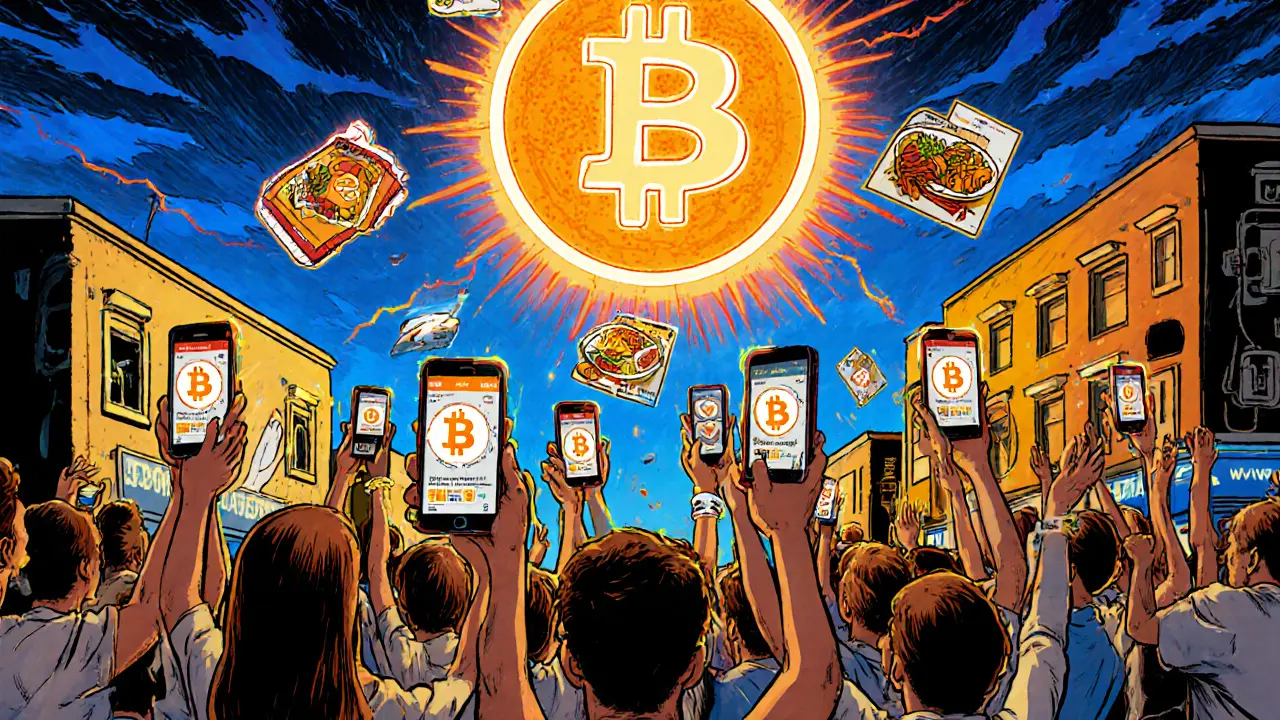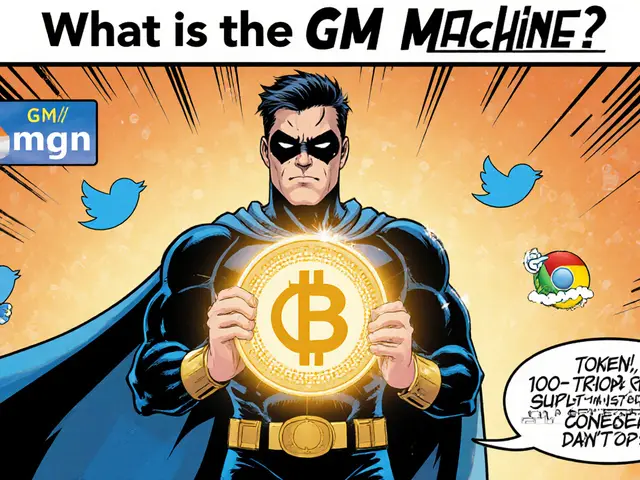El Salvador Remittances: How Crypto Is Changing Money Flows
When people in the U.S. send money home to family in El Salvador, they’re not just sending cash—they’re sending survival. El Salvador remittances, the billions of dollars sent annually by overseas workers to their families, are a lifeline for nearly a third of the country’s households. Also known as worker remittances, this flow of cash used to take days, cost up to 20% in fees, and relied on shaky middlemen. That changed in 2021, when El Salvador became the first country to make Bitcoin, a decentralized digital currency that operates without banks legal tender.
Before Bitcoin, most remittances went through Western Union or MoneyGram. Fees ate into hard-earned cash, and recipients often had to travel miles to cash out. Now, with the Chivo Wallet and Bitcoin ATMs scattered across towns, workers’ families can receive money in seconds—no bank account needed. The government even gave $30 in Bitcoin to every citizen just to get people started. It wasn’t perfect—some didn’t understand it, scams popped up, and volatility scared people—but the shift was real. Remittance fees, the charges paid to transfer money across borders dropped from an average of 10% to under 3% in many cases. And for the first time, people could hold their money in a digital wallet, not just spend it right away.
It’s not just about saving money—it’s about power. Before, banks and payment processors controlled the flow. Now, anyone with a phone can send or receive money directly. This shift matters most for low-income families who live paycheck to paycheck. A 5% fee on a $500 transfer is $25 lost—enough to buy groceries for a week. With Bitcoin, that $25 stays in the family. And while the U.S. dollar still dominates daily life in El Salvador, Bitcoin has opened a new channel—one that bypasses traditional finance entirely. The world is watching. Countries like Nigeria, Kenya, and the Philippines are asking: Can we do this too?
What you’ll find below are real stories, deep dives, and clear breakdowns of how crypto is reshaping how money moves—not just in El Salvador, but across borders where people need it most. These aren’t theoretical debates. They’re about mothers feeding kids, farmers buying seeds, and workers keeping their families afloat—all with a few taps on a screen.

El Salvador made Bitcoin legal tender in 2021 to boost remittances and financial inclusion. But low adoption, volatility, and technical failures turned the experiment into a cautionary tale - not a revolution.
Continue Reading





